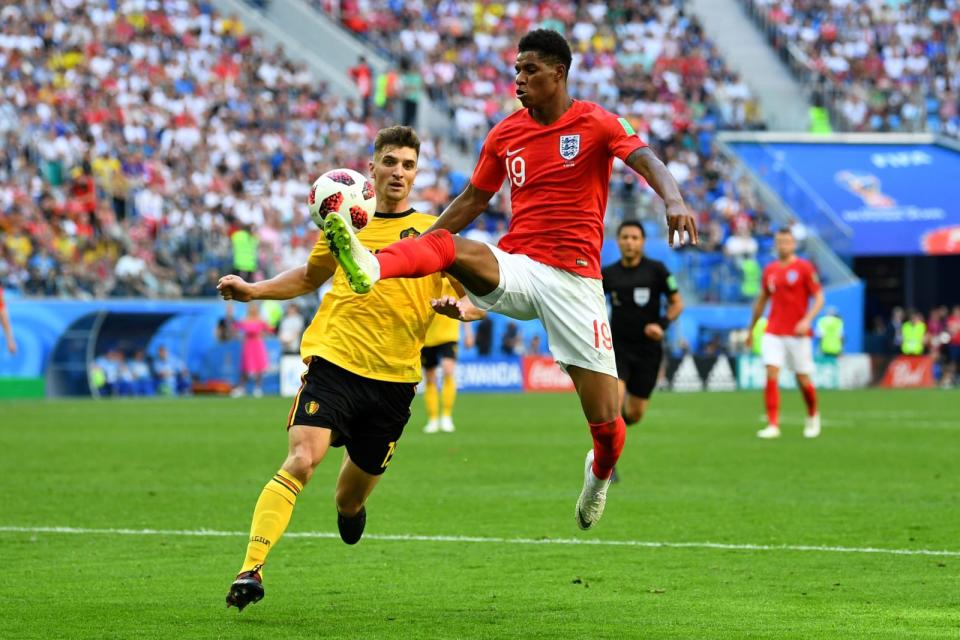The BBC has 'solved' the lag between live streams and TV
No more neighbors spoiling goals before you've seen them.
Live streams often lag behind TV, sometimes by half a minute or more -- and that's a big problem when you may hear your neighbors cheer a goal or story event you haven't seen yet. The BBC might have licked the problem, however. Its researchers have developed a streaming method that could dramatically reduce the gap between online coverage (such as through iPlayer) and TV. The solution, according to the broadcaster, is to manage the rate at which you receive chunks of the video feed.
Livestreaming revolves around sending users media in segments, and the size of those is everything. Large segments introduce a lot of lag, since it takes longer to process them, but short segments can be wildly inefficient. The BBC's methods either shrink a given segment or create segments in a progressive format that can be sent down the pipeline the moment they're ready. This wouldn't completely eliminate the delay, but it might help you avoid spoilers.
You're not likely to see this method in use any time soon, since it would involve coordination with the industry at large to make it a standard. To an extent, it's also addressing an issue that has already been solved in certain cases. Microsoft's Mixer livestreaming service, for instance, has a near-zero latency feature. However, this does promise a day when you can safely watch a sports championship or season finale without dreading reactions around the neighborhood.


